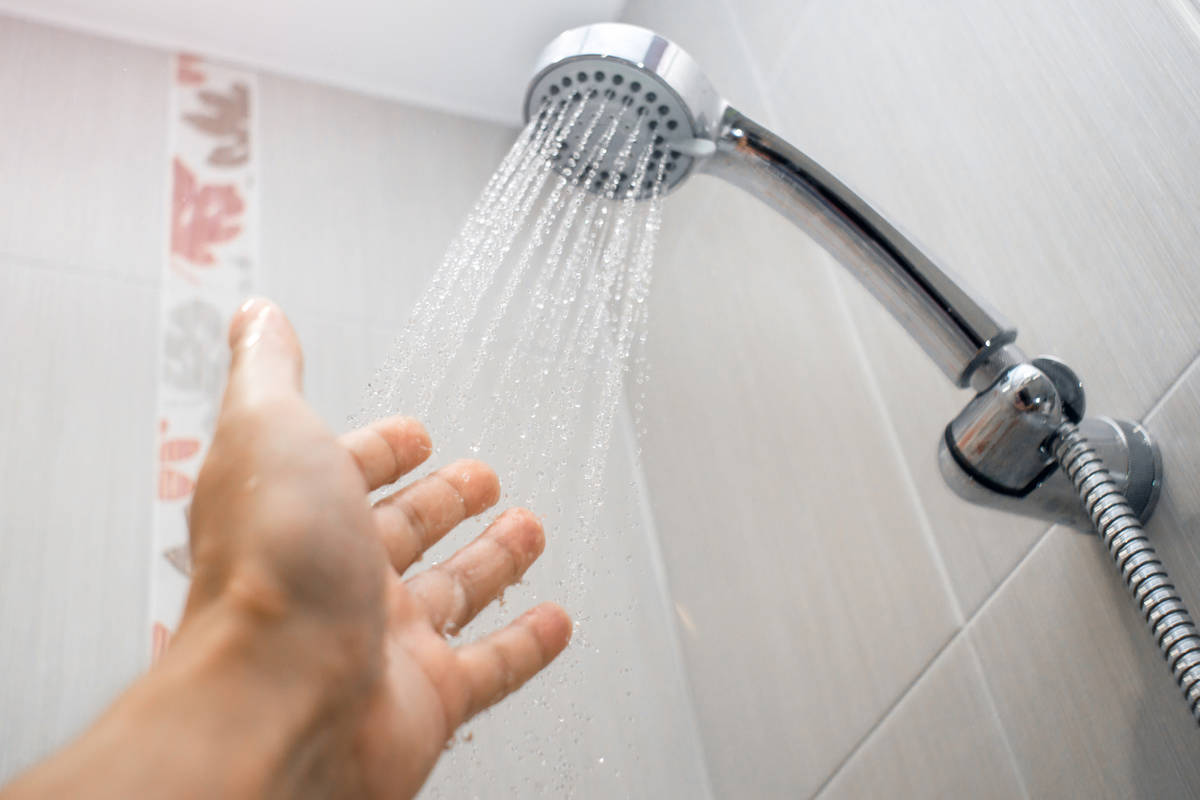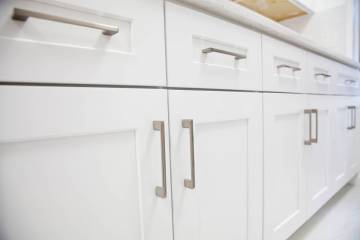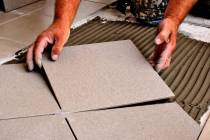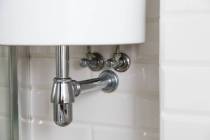Isolating shower water issue will need detective work
Q: I have a problem with the hot water in one of my showers. It seems to start out fine, but then it cools off. I turned up the water heater to maximum and it seems to help, but the problem persists. I have another shower that works fine with no temperature fluctuations. I thought it might be the water heater, but I’m not certain. Any suggestions?
A: You have a frustrating problem. The tricky part is trying to isolate the cause since there could be so many of them. And just so you know, it’s dangerous to have your water heater turned up all the way because of scalding temperatures. You may not notice it at the sinks because you likely don’t keep the hot water on there long enough like you would in a shower.
I doubt your water heater is the culprit. All of your showers would be affected if that were the case, as well as all of your sinks.
In many cases, if you have a single handle in your shower that controls both the hot and cold water (a balance-pressure or mixing valve), then the problem might be with the cartridge inside the valve. The cartridge is about the size of a roll of nickels and has various O-rings and rubber parts. It can become clogged or the parts can erode and need to be replaced.
You can buy a new cartridge usually for less than $50, or you can call the manufacturer and ask for replacement parts. In many cases, if you are the original owner of the property, they will replace the parts at no charge.
Another possible problem is a cross-connection somewhere on the hot water line that is piped to that shower. In other words, somehow cold water is getting into the hot water supply to that shower only. It may be that your other shower is supplied by a pipe that has branched out before the problem connection, leaving it to work properly.
It probably isn’t that the plumber reversed the lines. More likely, a device that uses hot and cold water has a valve stuck open which allows the hot and cold water to mix. The problem could exist due to a washing machine, a dishwasher or a water recirculating pump that was installed under a sink.
A quick test to determine this condition is to turn off the water supply to the water heater. By doing this, you will stop the flow of hot water to the house. Now go back to the shower in question and turn on the hot water. You shouldn’t get any water flowing since the hot water is turned off. If you get any, then the problem lies somewhere between the water heater and the shower.
The easiest way to locate the problem is by turning off the water to various devices, one by one. Start, for example, at the washing machine and turn the water off at the supply valves. If the water stops flowing at the shower, you have found your problem. If the water continues to flow, move to the next device. Once you have located the problem, you’ll probably need to call in a technician or replace the device.
Mike Klimek is a licensed contractor and owner of Las Vegas Handyman. Questions may be sent by email to handymanoflasvegas@msn.com. Or, mail to 4710 W. Dewey Drive, No. 100, Las Vegas, NV 89118. His web address is www.handymanoflasvegas.com.
Do-it-yourself
Project: Shower temperature fluctuation
Cost: From $25
Time: From 2 hours
Difficulty: ★★★





























